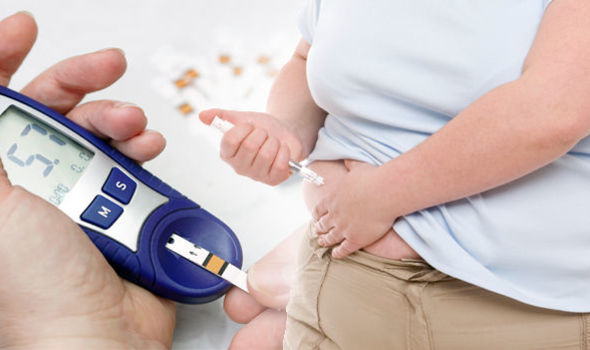Diabetes is a result of a metabolic disorder in the body. The human body gets energy from food. There is a hormone called Insulin. This hormone is responsible for the distribution of energy to the cells. Humans get most of their energy from blood glucose. This is also known as blood sugar. When the production of insulin is not sufficient, the body will not be able to take out the glucose and send it to the cells. As a result, a person becomes diabetic.
Types
There are three types of diabetes:
Type 1: This type normally occurs at a very young age. It is called juvenile-onset diabetes. This type can be classified as an autoimmune condition. In this case, the body starts attacking its own pancreas with its antibodies. The damaged pancreas does not release insulin. Hence insulin has to be injected for patients suffering from type I. If ignored, type I can cause diabetic retinopathy, diabetic neuropathy, and kidney ailments.
Type II: It is mostly found in adults. For obese people, type II diabetes shows its signs even during teenage. For this category diabetics, their body will be producing insulin. But due to insulin resistance, the body will not be able to use the insulin.
Gestational diabetes Pregnant mothers are the only category of gestational diabetes. They become diabetic during pregnancy and will suffer from tiredness and wanting to urinate a lot. After birth, the blood sugar levels return back to normal in most cases.
Symptoms
The symptoms of diabetes are the following:
- Frequent urination.
- Feeling thirsty very often
- Increase in appetite. This results in getting hungry shortly after having a meal.
- Sudden weight loss
- Constant feeling of fatigue.
The above are the initial symptoms. Once the diagnosis is done, diabetics need to check the sugar levels and keep it under control. This process is continued for a lifetime and has to be done frequently. If sugar levels drop sharply, it can lead to giddiness, weakness, and shakes and you will become restless which will disturb your sleep.
On the contrary, a spike in sugar level can affect the heart, liver, and kidneys. It can lead to coma. Hence sugar might not sound sweet for these people. Either way, precaution is needed to keep the blood sugar under control.
Precautions
Diabetics need to take their medicines without fail on a regular basis.
Depending on sugar level, they should consume a healthy and planned diet. If the sugar level is too low, items which can immediately infuse glucose into blood need to be consumed. That is why even high-sugar patients need to carry something sweet with them. In case the sugar level suddenly drops, and they feel dizzy, they can consume a sweet item immediately.
If sugar levels are high, eating foods with a low glycemic index is mandatory. Yielding to temptations and eating high-calorie food can cause more harm.
Poor blood circulation and accumulation of edema will delay the wound-healing capacity of diabetics. Even small wounds can eventually lead to amputation. Hence diabetics need to take essential precautions so that they do not get wounded accidentally. Feet care is mandatory. Wearing socks and good footwear will protect the feet from wounding.
